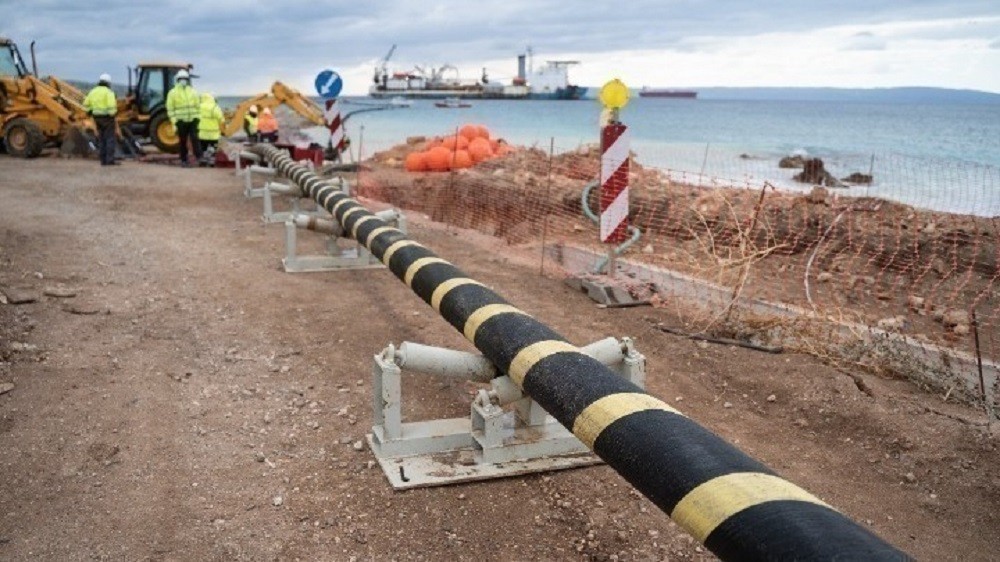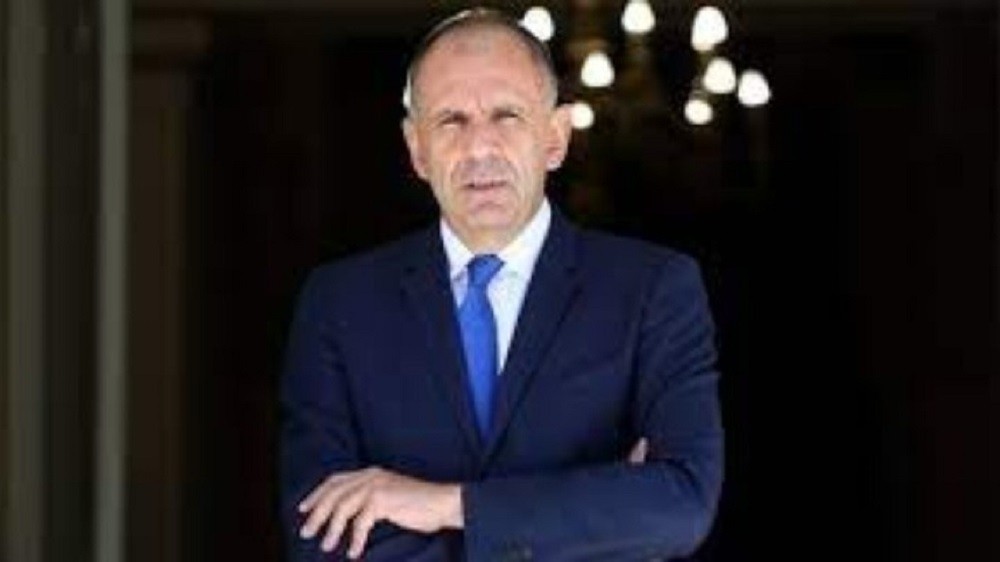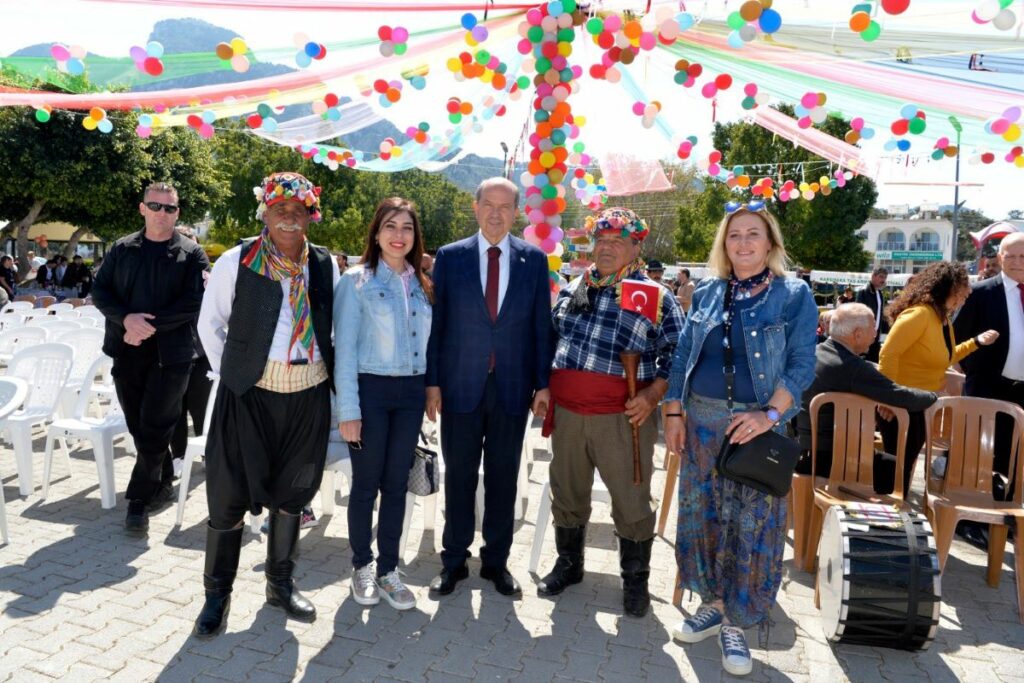
Cyprus: Is the path to Presidency a path to reunification? It is a “game” of vision…
By Nicos Antoniades
In his 1968 book “The Selling of the President”, McGinniss said that “You sell your candidates and your programs the way a business sells its products”. Fifty years later, how relevant are McGinniss’ words and how a President can sell his “products” and satisfy his people, especially when a “product” is called “freedom” like Cyprus’ case?
To answer these questions, I brought important business characteristics to politics. Among other measurements, I examined the relationship of these characteristics with the President-elect competitiveness and performance via an online survey among the Greek Cypriots. The survey was conducted a few days before Cyprus’ recent presidential elections where Nicos Anastasiades was re-elected as President.
According to the results of the survey, the President-elect experience was of prime importance to the respondents’ overall decision process; his knowledge about various political trends gave him a competitive advantage over his political rivals. Anastasiades gained a “reputation” advantage due to his determination to stand behind his ideas and his reputation performance increased because the voters appreciated his strong personality and values. The President-elect enjoyed an “adaptive” advantage because he managed to adapt to the needs of his people; his adaptive ability regarding issues on Cyprus’ political and economic environment became another facilitator to his performance. Anastasiades also gained a relationship-building advantage, due to his ability to sustain close relationships with the Greek Cypriot people; his overall performance further increased, due to his ability to build close relationships with foreign governments and institutions about Cyprus’ political issues.
Last but not least, Anastasiades “sold himself” because of his marketing strategy effectiveness. His proposals met his people’s needs; his proposals contributed to the recovery of Cyprus’ economy; he chose the right “distribution” channels (i.e. he spoke “directly” to the Greek Cypriots via interviews, TV presentations, and events) and avoided conflicts; and lastly, he and the members of his cabinet chose the “right” promotional actions to support the government’s work (i.e. effective public relations and productive use of social media).
However, the big question remains the same: Is the path to Presidency a path to reunite the country? Since 1974, the island of Cyprus is divided and no solution has yet been found. Is the 72-year President capable to complete successfully the three-year negotiation process? Will he manage to convince Turkey to withdraw their troops and guarantees or will he attempt to convince his people to accept Turkey as a legal partner (and not as an invader)?
The Cyprus problem is not a case of the past but an issue of the future. Despite the President’s experience and his strong ability to adapt to various political circumstances, it will definitely be an extremely hard time for him to take advantage of his “reputation” and “relationship-building” abilities to convince his people to accept a solution that will include Turkey as part of such a solution. The way he will adapt to the pressure coming from the foreign sector and the UN is another factor of vital importance. Undoubtedly, his good reputation inside and outside the country will facilitate his attempts towards this direction. However, it should be noted that in the 2004 referendum, only 24% of the Greek Cypriots accepted the UN Secretary’s General (Annan) Plan. Two years later, in 2006, the former President, Tasos Papadopoulos who rejected the Annan Plan and received the credit from the remaining 76% of the Greek Cypriots, he did not manage to qualify for the second round of the country’s presidential elections. Nicos Anastasiades needs a completely different approach as regards the development of the “Cyprus’ Problem” marketing strategy. He needs a strategy that will take full advantage of his “relationship-building” ability to describe the future benefits, to convince for safety, and to guarantee security. Such a strategy should concentrate on emotional communication and focus on both the Greek Cypriots and the Turkish Cypriots. It is the people who will live together; it is the people who need to trust each other first. Any other solution to Cyprus’ problem seems impossible.
Apart from Turkey’s unwillingness to withdraw their troops and guarantees, fear from both sides is another major inhibitor to a future solution. Greek Cypriots are afraid of the Turkish troops and guarantees and Turkish Cypriots are afraid of the Greek Cypriot majority. The President’s experience may not be a facilitator to a solution; more than four decades after the Turkish invasion in Cyprus, the political, economic, and geopolitical environment has changed dramatically.
Therefore, it is not a “game” of experience but a “game” of vision. Nicos Anastasiades’ reputation together with his adaptive and relationship-building abilities may bridge this gap by catching the future and building a marketing strategy that will lead to a solid solution. The President-elect is invited to develop a strategy on both communities’ needs; on both communities’ cost of fear; a strategy that will be “placed” effectively in the right channels and will be promoted efficiently on both sides.
- Nicos Antoniades
Political Marketing Consultant/Lecturer
New York City


